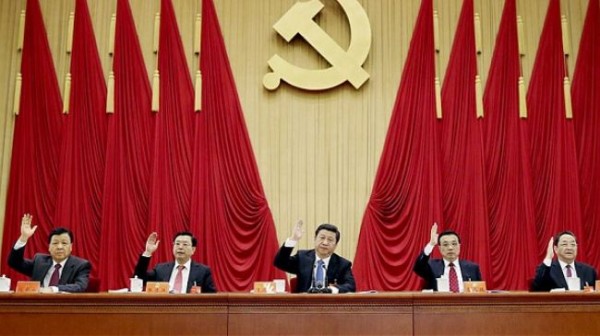Many China watchers are expressing disappointment at the lack of concrete detail in the communique issued following the four-day policy meeting of about 400 top mainland officials. That document resulted in the local Hang Seng Index leading Asian markets into a downward trend November 13, 2013, immediately after its release.
However, its at its core were bold economic reform objectives but yes, couched in the usual careful nuances that China officialdom is renown for. Expectations were too high but only in regard to presuming a detailed account of the proceedings as such documents seldom contain detail.
The new Communist Party head Xi Jinping and his team have nonetheless set the direction and tone for China’s development over the next decade or more at this third plenary session of the 18th CPC Central Committee November 12, 2013.
The “Third Plenum,” was held in the Chinese capital, Beijing, between November 9 and 12. A total of 294 full members and 169 alternate members of the CPC Central committee, along with a number of officials and business leaders attended the meeting.
What the communique does reveal is a specific reform to co-ordinate national security through the formation of a state security committee, with broad consensus on economic reforms, guided by the central leading group. Major issues concerning “comprehensively deepening reforms, including Economic reforms,” were discussed at the meeting.
Observers will see the release of all the details by government authorities in the next months and further on, better grasp the substance of implementation.
Political reform was not delved. That Xi was able to pressure economic reforms without touching on the political where others have not, this in itself testifies to his authority. Actually, the plenum is sending a strong message on economic reforms, saying, Communist Party leaders are to allow market forces play a “decisive role” in affairs. The state sector will remain the mainstay while state and private sectors working together are proposed equally important in this socialist market economy.
The judiciary is made more independent which is a considerable advance and as to reforms of state enterprise monopolies, more localised government financial freedoms and the hukou – the troublesome household registration system which restricts migrant workers from obtaining city benefits – these are yet to be understood in any new practical reality.
Steady as she goes is the way China likes it – certainly the ship continues steaming ahead at a good rate of knots.










